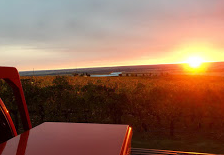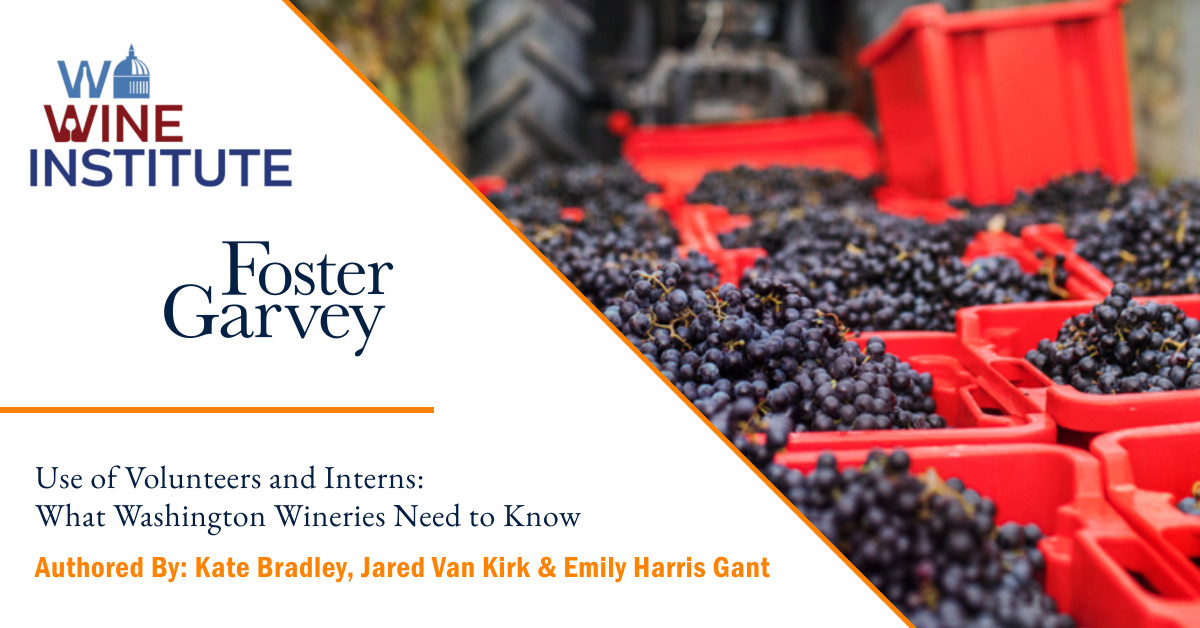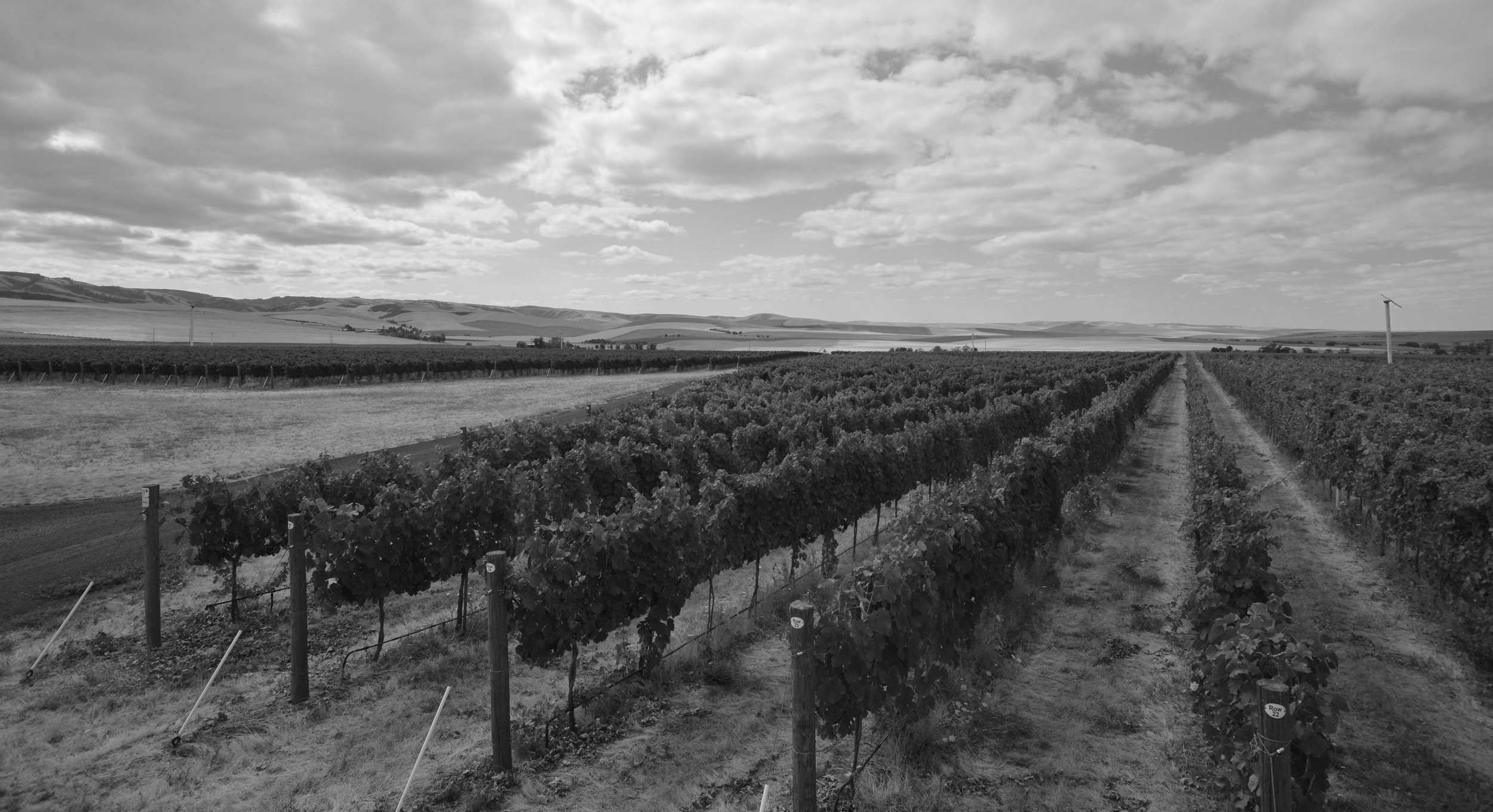|
LCB Feedback Sessions on Emergency Permits Rulemaking The Liquor and Cannabis Board (LCB) is inviting stakeholders to share their feedback regarding emergency liquor permits. House Bill 2204, codified at RCW 66.20.010(19), creates an allowance for wineries/breweries/distilleries to temporarily share retail space during man-made or natural disaster emergencies that prevent these businesses from accessing and/or operating their own retail space. The Washington Wine Institute helped push this bill forward during the 2024 legislative session. Unfortunately, wildfires and other disaster situations are not slowing down each year, so we hope this new allowance helps our winery communities to better support each other in such difficult times. We want to recognize WWI member Rachael Horn of AniChe Winery, for testifying in support of this bill during this year’s session. As part of LCB’s ongoing rulemaking to implement HB 2204, the LCB is hosting two online feedback sessions to discuss some of the changes that have been tentatively drafted as part of the rulemaking process. The sessions will be held virtually on Monday, Sept. 30th from 10:00 a.m.- 12:00 p.m., and Thursday, Oct. 3rd from 1:00- 3:00 p.m. |
|
|
Month: September 2024
Frenchman Hills Vineyard

Frenchman Hills Vineyard originally planted in 1998, has grown into a 468-acre vineyard on the east end of the Frenchman Hills. Nestled within one of Washington State’s newest American Viticulture Area’s (AVA), the Royal Slope AVA, is renowned for its unique climate, terrain, and soils. These unique features and the care given to our grapes has earned Frenchman Hills Vineyard a reputation for continually producing the highest quality grapes. We partner with winemakers in the region, working closely throughout the growing season to ensure our grapes are at their best, then timing harvest at the exact moment to help bring the winemakers their award-winning wines.
Source Frenchman Hills Vineyard
Use of Volunteers and Interns: What Washington Wineries Need to Know

To view this page, please visit our Member Signup page to register or email Membership and Programs Manager Marie Schurk at marie@wwi.wine.
Banner Bank

More than 130 years ago, we started with core values that will never go out of style: listen, learn and help people and businesses reach their goals. Our team of experts focuses completely on you, providing the tailored solutions, expert guidance and local decision-making you need to succeed. From thoughtfully designed personal banking services to full-service, leading-edge commercial banking solutions, we’re proud to earn your business and help you dream big and achieve more.
Source Banner Bank
Descendant Cellars

Our wines have been made using minimal intervention in order to highlight the flavors that come naturally from the terroir of the Eastern Washington vineyards. None of the wines have been fined and they are filtered through a very coarse pad to remove sediment generated from the aging process. We have refined the malolactic fermentation process to minimize the histamines in the wine. All of our wines are aged in 225L and 500L French Oak barrels with an average age of 4 years to keep the oak influence subtle.
Source: Descendant Cellars
 Member Login
Member Login
